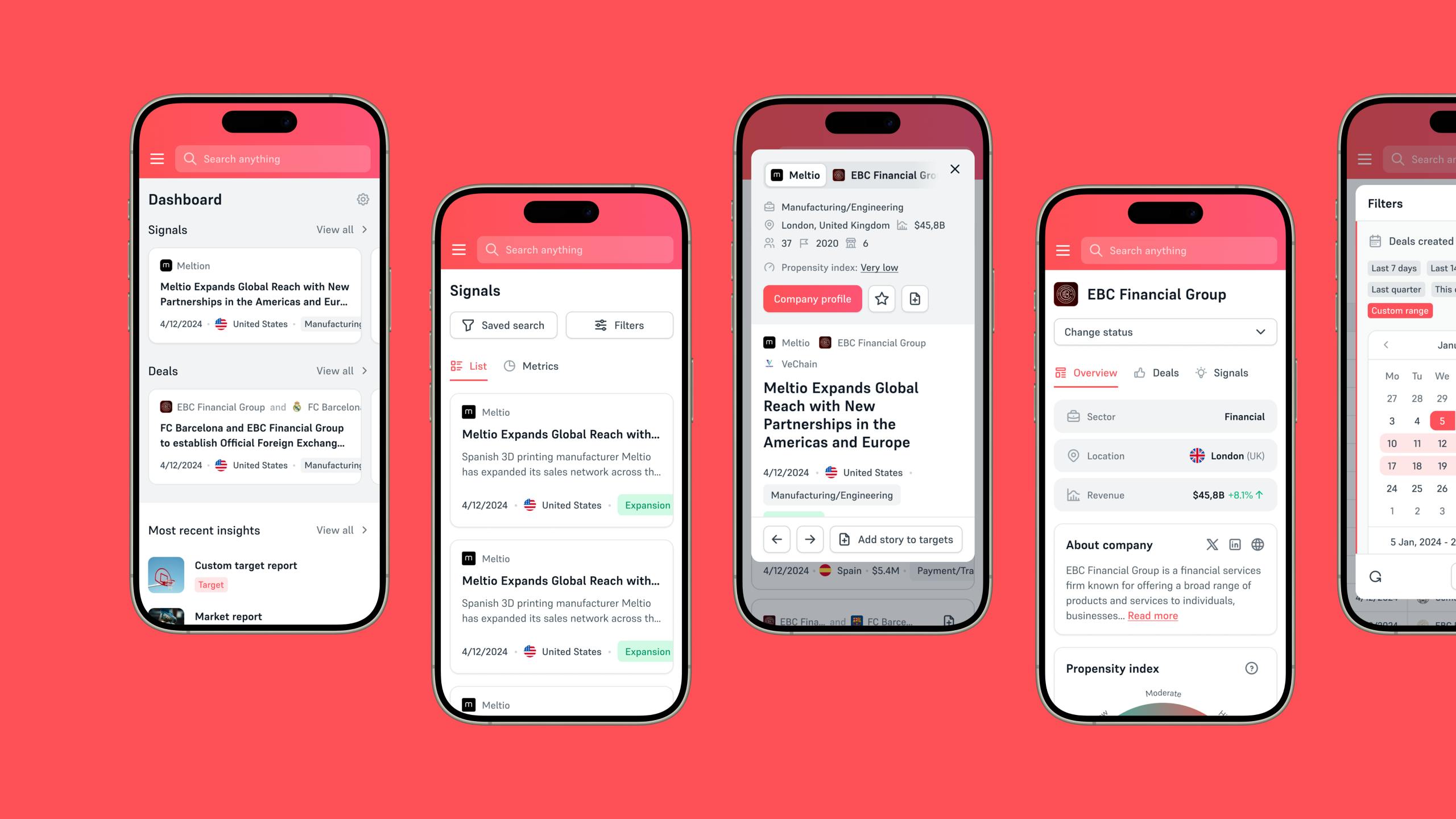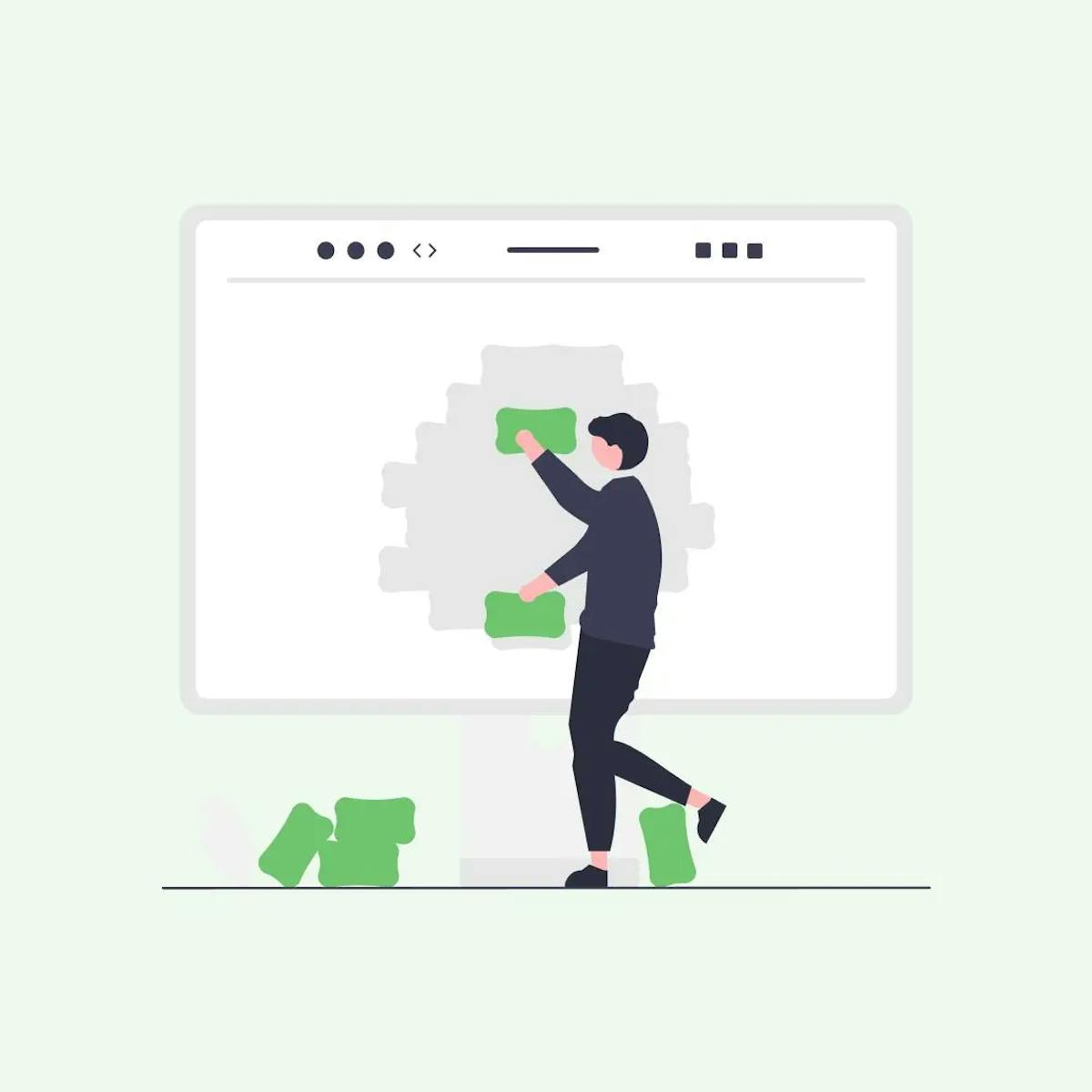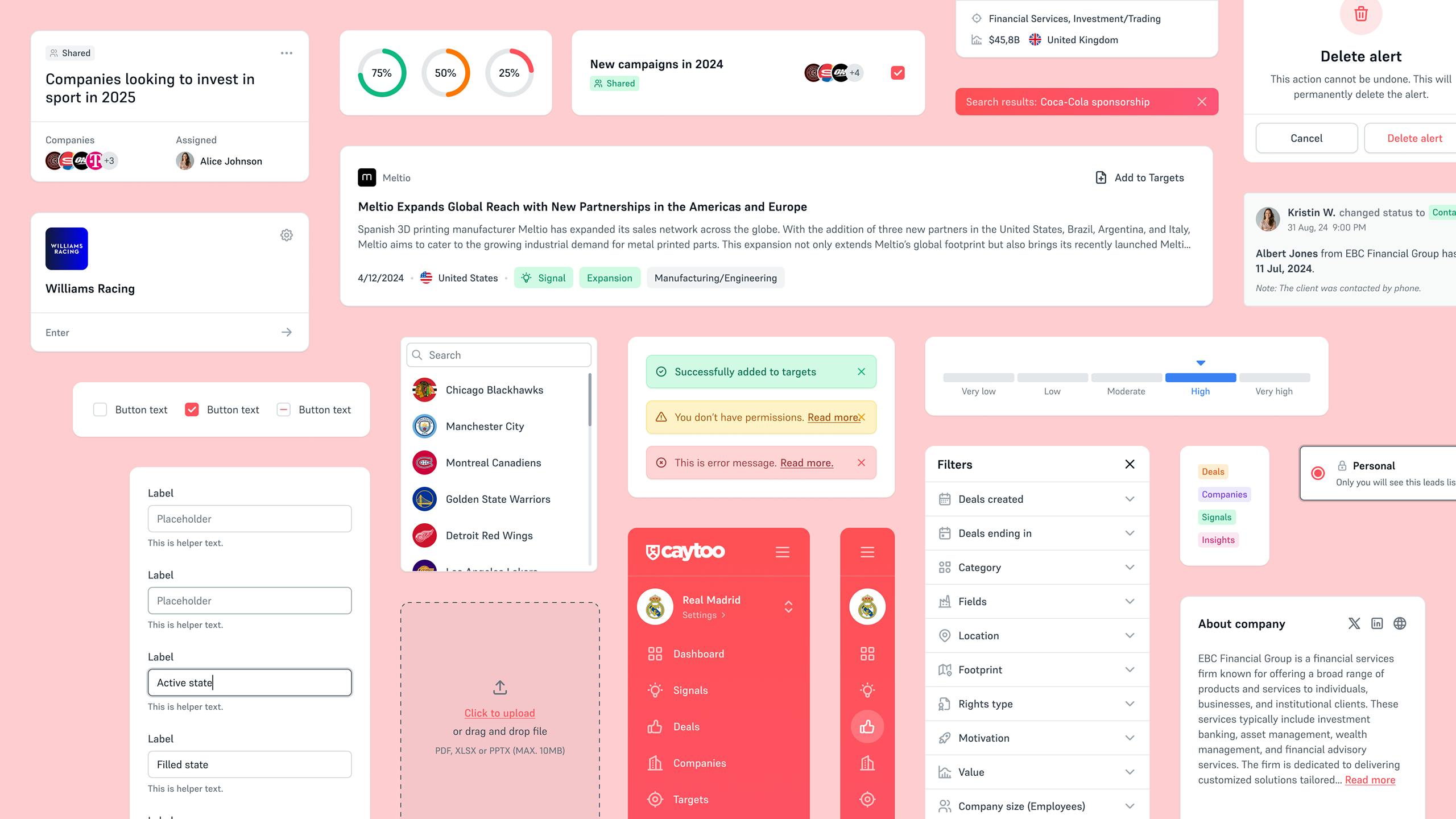Custom UX/UI Design
At Webscope, design isn’t just about how things look—it’s about how they work. Our UX/UI design process focuses on clarity, consistency, and conversion. We combine data with thoughtful interface design to create systems that your users understand instantly and your team can iterate on confidently.

What We Offer
Data-Driven Design
We rely on user insights, behavior tracking, and product metrics to inform decisions, not assumptions.
UX Audits & Testing
We identify usability gaps, flow friction, and design debt through expert reviews and real-world testing.
UI System Creation
Cohesive interface foundations with clear rules, reusable components, and flexible layouts.
Design Systems
Scalable visual languages that align your product with your brand while enabling rapid iteration.
Our process

1. Research & Audit
We start by understanding the current state of your product and users. This includes reviewing analytics (e.g. bounce rates, heatmaps), conducting stakeholder and user interviews, and running usability tests to identify friction points. The goal is to uncover real behavior, not assumptions.
2. UX Strategy
Based on insights, we define user personas, map customer journeys, and prioritize key flows. This step ensures the product experience aligns with user needs and business goals—laying a strategic foundation for design decisions.
3. Wireframes & Prototypes
We translate ideas into low- to mid-fidelity wireframes and build interactive prototypes. These are shared early with stakeholders and users for feedback, helping us validate concepts before any code is written.
4. Visual Design & Handoff
Once the structure is validated, we create high-fidelity designs that reflect your brand, accessibility standards, and modern UI practices. Every component and layout is documented clearly for developers, often supported by a design system or Figma library.
5. Ongoing Testing & Refinement
After release, we measure real-world performance using analytics, session replays, and user feedback. We identify areas to refine, test hypotheses with A/B tests if needed, and continuously improve the user experience.
You get a polished, performant, and consistent user experience—customized to your product, informed by your users, and designed to evolve with your team.
